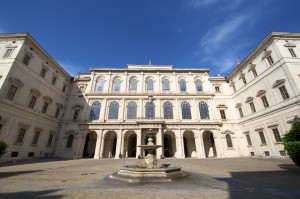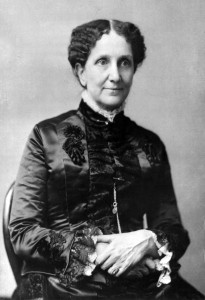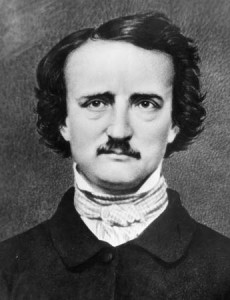 To Boylston Adams Beal
To Boylston Adams Beal
C/o Brown Shipley & Co
123, Pall Mall, S.W.1
Rome. November 21, 1927
All my love for England has somehow congealed into a memory, with a great dread of destroying it by any new impressions. My last trip, in 1923, when I went to give the Herbert Spencer lecture at Oxford, was very unpleasant. Howard Sturgis, whom I always used to visit, was dead: Russell, the wicked earl, I saw, but found curiously estranged, saying I had been “disloyal” to him, and at the same time showing that he had entirely forgotten the degree of confidence which he had reposed in me in the early days, and even the events which might have convinced him that I was entirely devoted to him. This is a pathological forgetfulness in part; but it goes with other changes which make it more painful than pleasant for me to see him. . . . I live at the Hotel Bristol (which I think you used to frequent) and have comfortable rooms looking towards the Palazzo Barberini; the noise from the Square reaches me, but the bit of garden in front, and the air of retirement, help one to imagine that all is peace. I go out for lunch, at some restaurant, and then walk in the Pincio and the Villa Borghese; in the evening I dine in my dressing gown in my own sitting-room. In Summer I go to Paris, sometimes also to Avila, or else to Cortina d’Ampezzo, in the Dolomites, which I have found perfect for my purposes, and on the way perhaps stop for two or three weeks at Venice, which I also find a congenial background. Essentially, it makes no diffference in my life where I happen to be, if only I am comfortable materially and undisturbed. My writing and reading keep me well occupied.I still have enough in prospect to occupy me for the rest of my days. . . .
Last summer I played an odd part in a sort of half-clandestine marriage. Margaret Strong, who hasn’t turned out at all like her father, has married a Chilean named Jorge Cuevas. She was always with him, but refused to introduce him to me, or to let her friends know that she was in Paris at all. We were living alone at the apartment, she and I, her father being at his favourite sanatorium in Switzerland, but I hardly ever saw her. Finally, one day, at lunch, I saw the table set for three, and the servant told me that at last the young man was going to be shown. So it happened: I said, “You are engaged?” and she said yes; and it transpired that they were to be married in four days and that I was to be the witness, sponsor, and substitute papa!
From The Letters of George Santayana: Book Three, 1921-1927. Cambridge, MA: The MIT Press, 2002.
Location of manuscript: The Houghton Library, Harvard University, Cambridge MA









